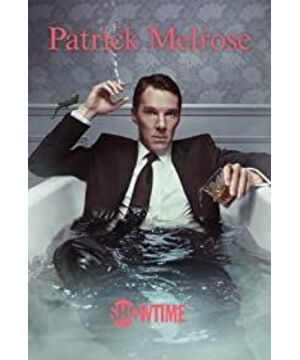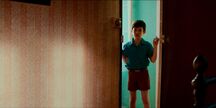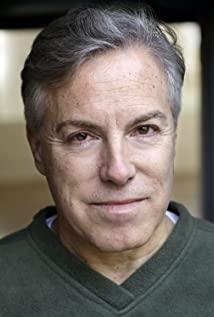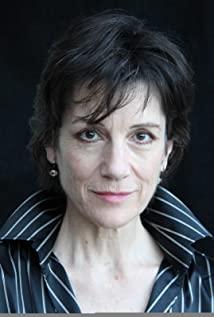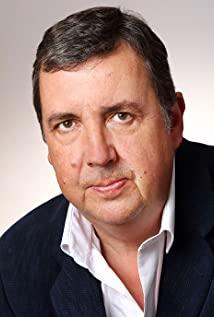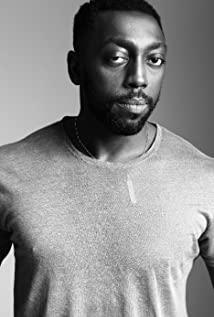By the penultimate episode of the show, the general context has been spread out. From the presentation of the stream of consciousness in the first episode to the oral dictation of some facts by the protagonist in the third episode, we have a glimpse of how deeply an unfortunate childhood can affect people from a few fragments of the protagonist's life. On the surface, the fourth episode is about the hero's loss of control, but in fact it is about the bad environment that will make people repeat past tragedies.
Talking about some details, at the beginning of the fourth episode, the male protagonist and his son get along very well. The male protagonist's condition is getting worse and worse. The male protagonist will flash the happy pictures in the manor before, I think there must be pain, but the director did not show us.
For example, in the eyes of most people, I am a very good-natured, well-bred (other people's words) person. However, when I returned to my family environment, I became the image I hated the most - irritable and full of negative energy. Maybe I don't admit it, but it's a copy of my father.
Maybe I'm a magnanimous person in the eyes of others, but when I get home I can't help hating everything. At that entrance, because I wanted to keep my sister at home, my father slapped me with a belt in public. Near the dining table, every New Year's Eve is the hardest hit area. When I was most impressed, my father chased my mother there with a kitchen knife, and put the kitchen knife around her neck viciously...and so on. Similar to the male protagonist, I also have a safe area at home - the bathroom. Only there, I can do whatever I want, and when I lock the bathroom door, no one can hurt me. There were brief moments of joy, but a moment of joy could not cover up the trauma. Even after my parents divorced and I came home, I couldn't stop being mean, irritable, and hysterical.
After leaving home and going to college, I was really addicted to alcohol and black and white. Thanks to my mother's education from childhood, I didn't fall any more, but I did indulge in pain. Because in that kind of family situation, firstly you will hate, and secondly you will hate yourself for hurting your mother every time you can't control it. When it hurts, you feel like you are atonement. And when you get drunk, you feel redeemed.
And when I found out my parents divorced, I felt like there was a light shining into my dark life. I tried to change myself, with little success. Although I still can't help myself going back to the place full of painful memories, the good news is that my mother decided to sell it.
The male protagonist, on the other hand, is in the stage of denying his father. Although he resents his mother, he is unwilling to think about it, and subconsciously excuses his mother. But in reality, when the child is unhappy, both parents are at fault. Only when the male protagonist faces up to his mother's fault and completely denies his previous life status can he face up to his own life. (This is estimated to be the content of the fifth episode.)
The reason why I don't find this show tragic is because it's an enhanced part of my life. Although it is dark, there is always light. Many more fell into the darkness. No need to justify our fall, wrong is wrong, and no need to applaud us for cheering up, because that's life. If there's anything I want to say, it's don't judge others casually, because you never know what kind of struggle someone else is going through. Write casually, the language is rough, please forgive me.
View more about Patrick Melrose reviews


